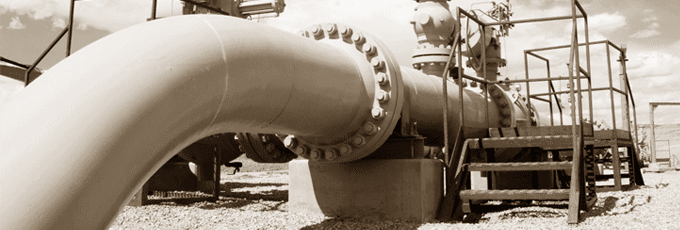The History of Turkish Natural Gas Market

The first step towards natural gas transportation and trade in Türkiye was taken with the 25-year contract signed between BOTAŞ and Soyuzgazexport (USSR) in 1986. The first actual natural gas import was carried out in 1987.
In 1988, an LNG purchasing agreement was signed with Algiera, with the aim to increase diversity of supply and to ensure security, and in 1994, an LNG Terminal was established in Marmara Ereğlisi. In 1995, an LNG purchasing agreement was signed with Nigeria.
A natural gas purchasing agreement was signed with Iran to ensure a new supply pipeline. This additional source became operational in 2001. In 1997, a 25-year gas purchasing contract was signed for receiving natural gas through the trans-Black Sea gas pipeline (Blue Stream) from Russia. The new pipeline became operational in 2003. This agreement has provided Türkiye with its fourth supply source. In 1998, Turkey signed a 25-year gas purchasing agreement with the Russian Federation to receive natural gas through West Line, which performed the first natural gas import in Türkiye.
In 2001, a gas purchasing agreement was signed with Azerbaijan, ensuring a new supply source for the country. In the same year, a significant step was taken towards the liberalization of the Turkish Natural Gas Market with the publication of the natural gas market law in the Official Gazette.
Following the publication of the law, the processes regarding tenders for metropolitan natural gas distribution were expedited, and Petroleum Pipeline Corporation's (BOTAŞ) transmission network was opened to third-party access in 2004, thanks to the efforts of the Energy Market Regulatory Authority (EMRA).
In 2005, the first tender for contract takeover was made, and in 2007, the first contract takeover agreement was signed. In 2007, third-party access to the Transmission Network was started. A total contract takeover of 4 billion cubic meters was carried out in 2007-2009.
In 2007, Petroleum Pipeline Corporation (BOTAŞ) started exporting natural gas to Greece.
Egegaz Aliağa LNG terminal started importing natural gas in 2009 to serve as an additional source supply. In the same year, the legislation on third party access to LNG terminals was published by EMRA and entered into force upon approval by the authority in 2010.
BOTAŞ's decision not to extend the natural gas purchase contract with an annual capacity of 6 billion cubic meters on the West Line in 2011 was a development that would significantly increase the share of the private sector in the natural gas market, and this capacity was actually transferred to the private sector in 2013.
In 2012, Underground Storage Facilities Usage Procedures and Principles (KUE) came into force and Silivri Underground Storage Facility was opened to third parties. In 2016, the first FSRU Project (Etki Liman) was commissioned by the private sector, and gas filling of the Tuz Gölü Underground Natural Gas Storage facility was started.
In 2018, the Organized Natural Gas Wholesale Market, which enables the free trade of natural gas in Türkiye, was put into operation under EPİAŞ, and the TANAP pipeline, which has an important place in terms of Türkiye's energy supply security and will contribute to Türkiye becoming an energy trade center, started operation. As an important project in terms of diversity and supply security, the Turk Stream Natural Gas Pipeline, which will transport Russian natural gas to Türkiye and via Türkiye to Europe, was put into service in 2020.
Within the framework of the Sakarya Gas Field Development Project, a natural gas reserve of 700 billion cubic meters was explored in the Black Sea between 2020 and 2022, and natural gas production started from this field as of 2023.
As a result of the increasing importance of LNG in the natural gas trade worldwide, Dörtyol FSRU was commissioned in 2021 and Saros FSRU in 2023 in order to create new entry points in Türkiye.